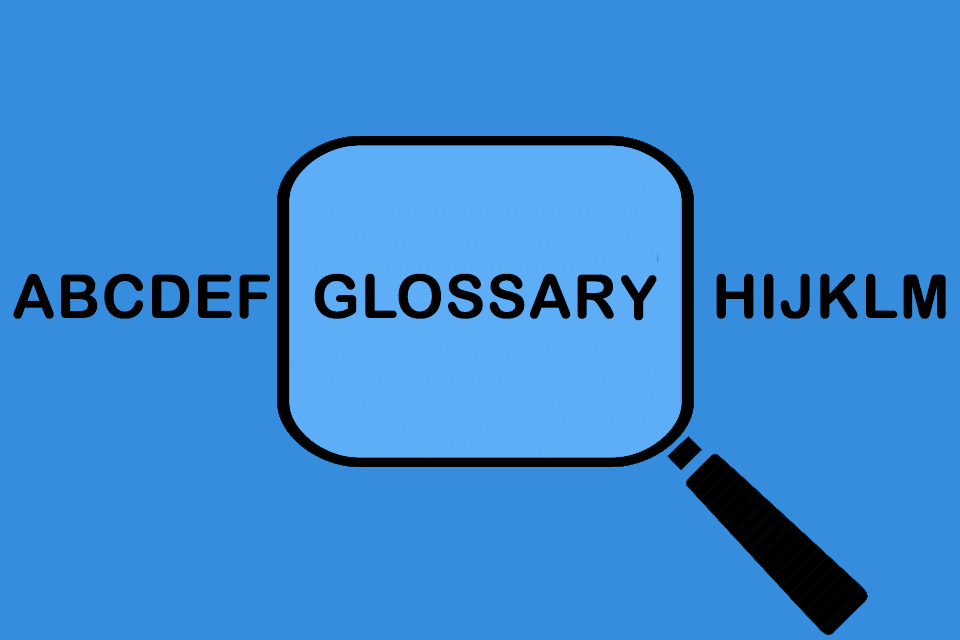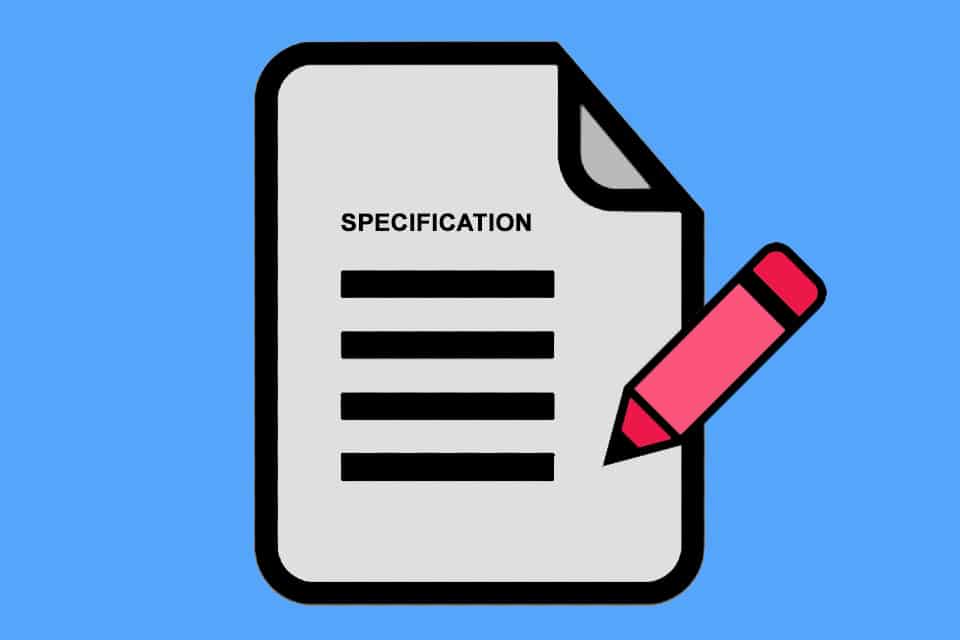What is a Glossary?
Smartpedia: A glossary is a list of explanations of terms to ensure the correct use and understanding of foreign or technical language expressions.
Glossary – the common understanding of terms
You have probably used a glossary at some point; either in the form of a stand-alone dictionary or as an appendix to a document. Glossaries are widely used as word indexes and provide explanations of terms in virtually every area of life and in every subject area. Derived from the Latin glossarium, which goes back to the Latin glōssario, it can be translated as tongue or also language; a glossary provides language in the form of a list of words requiring explanation.¹
A list of publicly accessible glossaries
If you search the internet, you will very quickly find numerous publicly accessible explanations of terms. Here is a small German selection:
- AOK-Bundesverband
- Bundesministerium für Gesundheit
- Bundesministerium für Finanzen
- Deutsche Bundesbank
- Make it in Germany – Das Portal der Bundesregierung für Fachkraefte aus dem Ausland
- …
In the context of companies – e.g. when creating products, developing software, dealing with requirements or working in projects – there are also many publicly accessible lists of words:
- The CPRE Glossary of IREB addresses terminology in requirements engineering.
- The BABOK Guide defines important terms of business analysis in its Appendix A.
- The PMBOK Guide lists important acronyms and definitions in the field of project management in its Appendix.
- The SEBoK Guide lists important terms from the world of systems engineering.
- The V-Modell XT, as a reference model for systems development projects in the federal German administration, also provides a list with definitions of terms.
- …
Glossaries for internal use
In addition to publicly accessible lists of definitions, there are also numerous formats in which glossaries are used in organisations. On the one hand, because terms are not always easy to understand even in specialist areas, and on the other hand, because a common understanding and consistent use of terms provides the foundation for successful collaboration and development.
It is not uncommon for specification documents such as
- customer specification and requirements specification,
- systems and software requirements specification (SRS) or
- invitations to tender
to us glossaries. But also in the course of projects, list of terms with explanations are often found in
- project descriptions,
- project management documentation,
- field reports,
- risk registers, etc.
In short, the use of glossaries makes sense wherever a common understanding of technical terms is important.
Challenges in creating and maintaining a glossary
Creating a glossary in the form of a table of terms and corresponding definitions is relatively simple in theory. In practice, however, there are a number of questions that need to be answered in order to get the most out of the glossary:
- Who defines the terms? Is the definition done jointly in the team or by a central body or position or role?
- How extensively should a term be defined? On the one hand, it is advisable to use short sentences, on the other hand, additional information and examples often contribute to a better understanding. Since explanations of terms function as reference works, somewhat longer paraphrases should often be helpful.
- Who maintains the terms, updates information, makes additions?
- Where is the list of words maintained and how is it referenced in the necessary places of use? Explanations of terms in the depths of the intranet may not always be ideal…
And last but not least: How can you tell that the glossary is really useful?
Impulse to discuss
Does a word list really help with disagreements about the common use of terms?
Notes (in German):
If you like the article or would like to discuss it, please feel free to share it in your network. And if you have any comments, please do not hesitate to send us a message.
[1] Wortfuchs
Here you will find an interesting article about a personal wiki for project managers.
And here you will find additional information from our Smartpedia section:



